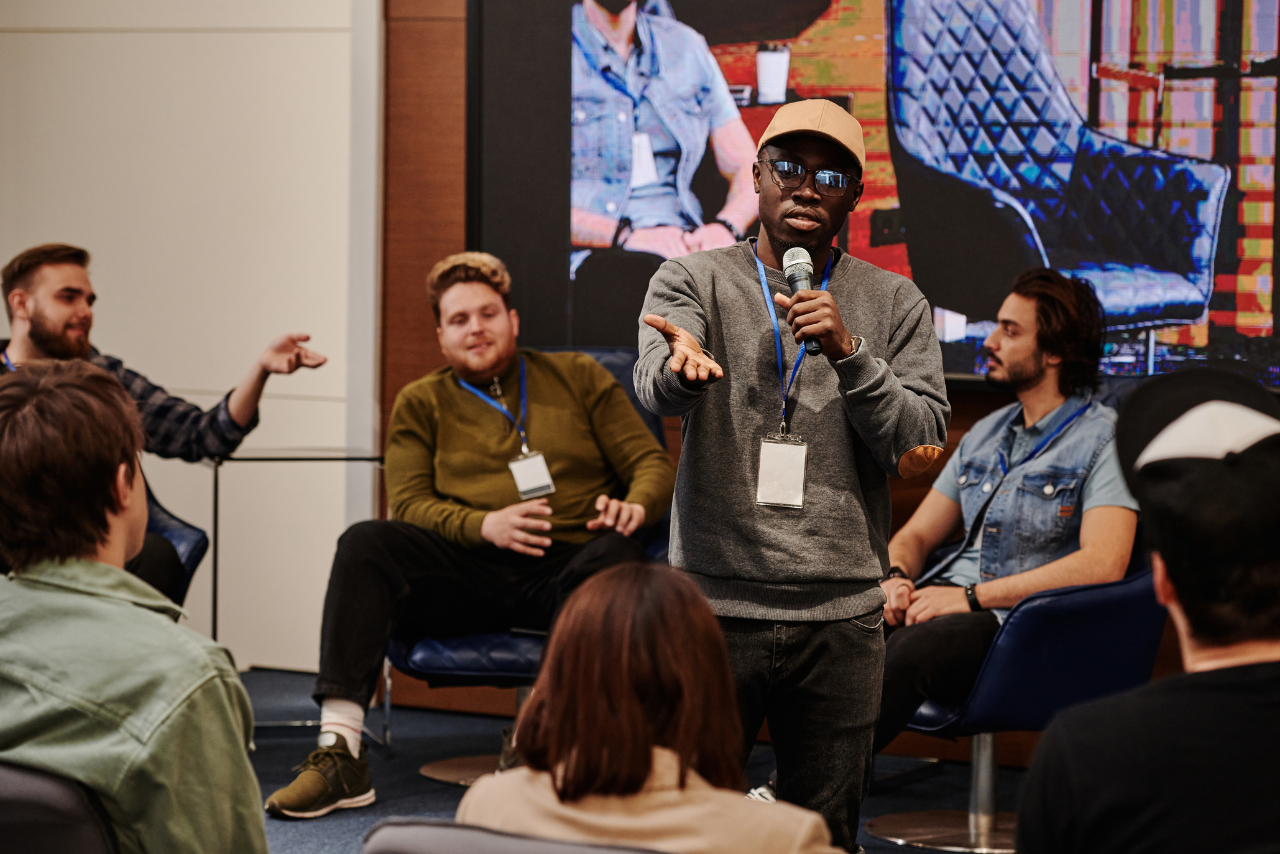
In today’s diverse and interconnected world, multicultural event planning has become a vital part of creating experiences that resonate with people from different backgrounds. But what exactly does multicultural event planning entail, and why is it essential in creating successful events? Let’s dive into the key elements that make multicultural event planning so impactful.
Multicultural event planning involves designing, organizing, and executing events that acknowledge and celebrate the diversity of attendees. It’s about creating experiences that are inclusive, engaging, and respectful of different cultures, traditions, and customs. The aim is to ensure that people from various cultural backgrounds feel seen, heard, and valued during the event.
This type of event planning goes beyond just offering a variety of food options or music genres. It requires a deeper understanding of cultural nuances, practices, and expectations. Multicultural events can range from corporate meetings and conferences to festivals, weddings, or celebrations that bring together individuals from all walks of life.
Multicultural event planners must be culturally aware and sensitive. This involves understanding the traditions, values, and preferences of different cultures, such as food preferences, religious observances, or specific social protocols. By respecting these aspects, planners create a more inclusive and welcoming atmosphere for all attendees.
The design of the event should reflect the diversity of the guests. From invitations to the decorations, every aspect of the event should consider the cultural backgrounds of the attendees. This includes offering diverse entertainment options, incorporating different languages, and ensuring that activities are enjoyable for everyone, regardless of their cultural heritage.
For an event to be truly multicultural, communication is key. Offering translation services, bilingual staff, or multilingual signage ensures that everyone can understand the event’s content and engage with others. This helps avoid misunderstandings and ensures that guests feel comfortable participating in the event.
Food plays a huge role in any event, and multicultural events often feature a wide array of cuisines that reflect the diversity of the guests. Offering diverse food options ensures that all attendees feel included and can enjoy the event fully. It’s important to cater to dietary restrictions, cultural preferences, and regional flavors when planning the menu.
A successful multicultural event fosters an environment where attendees can connect and learn from each other. This could include group activities, networking opportunities, and cultural exchanges. By promoting respect and understanding, planners create an event that not only entertains but also educates and inspires attendees.
In a globalized world, events are often attended by people from diverse cultural backgrounds. Whether you’re planning a corporate conference, a wedding, or a community festival, embracing multiculturalism makes your event more meaningful and impactful. It ensures that all guests feel acknowledged, respected, and included.
Moreover, multicultural event planning fosters unity in diversity. By celebrating differences, we can build stronger connections and create memorable experiences that bring people together. The beauty of multicultural events lies in their ability to inspire inclusivity, respect, and understanding, making them more than just a gathering – they become a celebration of cultures and shared human experiences.
Multicultural event planning is about more than just a diverse guest list; it’s about designing experiences that acknowledge, respect, and honor various cultural identities. It’s about creating spaces where people can come together, celebrate, and learn from one another. By embracing these principles, event planners can craft powerful, inclusive events that leave a lasting impact on everyone involved.


